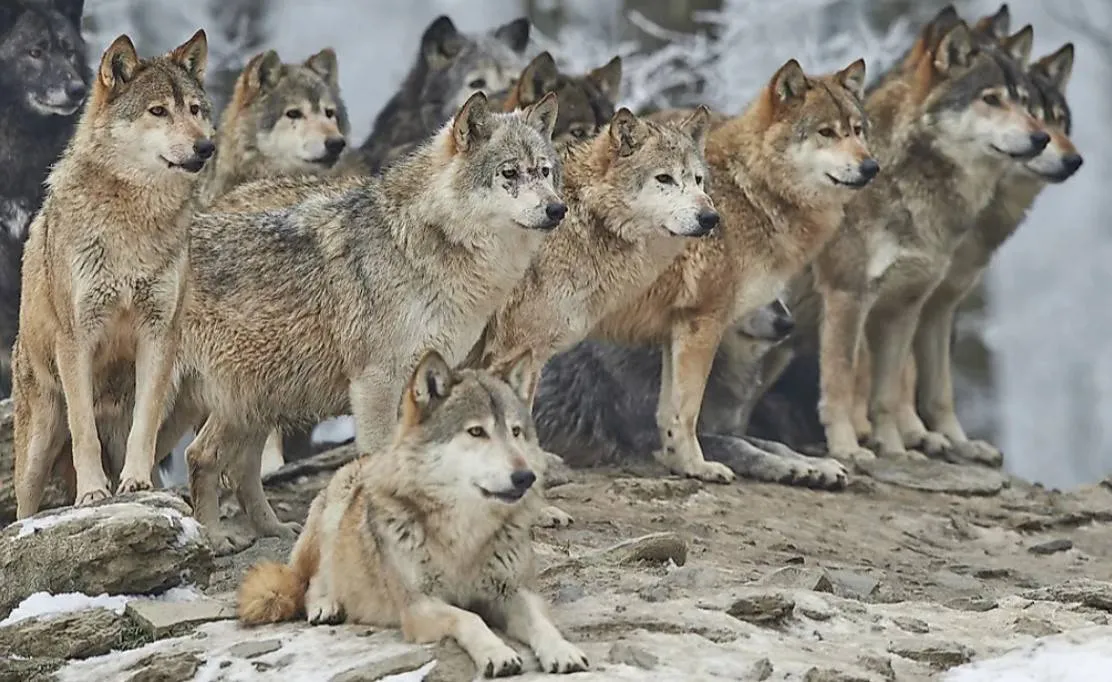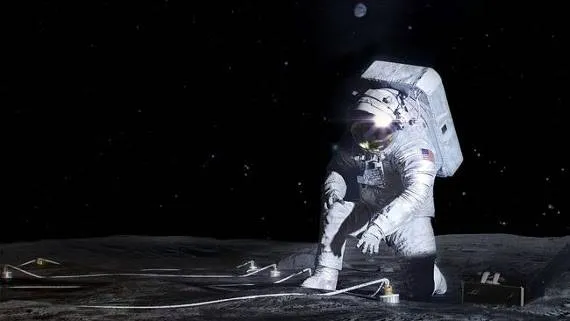Wild Przewalski horses return to Kazakhstan steppes after two centuries
Stockholm, June 11 (Hibya) - Seven Przewalski horses, the only wild species in the world, have flown from zoos in Europe to the Central Asian country Kazakhstan.
The Guardian reports that a group of the world's last wild horses have returned to their homeland of Kazakhstan after a nearly 200-year absence. Seven horses - four mares from Berlin and a stallion and two other mares from Prague - were flown to the Central Asian country on a Czech air force transport plane.
The wild horses, known as Przewalski horses, once roamed the vast steppes of Central Asia, where horses are believed to have first been domesticated around 5,500 years ago.
Humans have ridden and milked horses in northern Kazakhstan for about 2,000 years before the first records of domestication in Europe. Human activities, including hunting the animals for their meat, as well as road construction that decimated their population, drove horses to the brink of extinction in the 1960s.
Filip Mašek, spokesperson for the Prague Zoo, said: "These are the only wild horses left in the world. Mustangs are domestic horses released into the wild."
The horses reintroduced to Kazakhstan are descendants of two groups that survived in the Munich and Prague zoos.
Eight horses were originally scheduled to travel, but one sat down before the flight from Prague and had to be unloaded and taken back to the Prague Zoo, Mašek said.
A Przewalski horse was released on the steppe after six mares and a stallion were flown from the Prague and Berlin zoos to Kazakhstan.
"He was a bit dizzy on the way back but is fine now. These horses must stand the whole trip - they can't sit because their blood has to circulate properly. It's a 30-hour journey, and the horses can only survive if they stand the whole way,” said Mašek.
Mašek said the return of the horses from the Prague Zoo would help increase biodiversity in the region. "Horses scatter seeds with their droppings, and when they dig up plants, they allow water to go down into the soil. They also fertilize the steppe with their dung.
“For me,” he said, “the purpose of a modern zoo is not only to protect and breed endangered species but to return them to nature where they belong.”
Miroslav Bobek, director of the Prague Zoo, said the arrival of the horses was “almost a miracle,” given the relatively short time it took to prepare for their relocation and the unexpected floods in central Kazakhstan last month.
“This is the beginning of a new chapter in the story of the last wild horse on the planet,” Bobek said in a press release.
In 2011, the Prague zoo participated in a project to resettle Przewalski horses in Mongolia. The project, which included nine horse flights, continued until 2019 when the population stabilized, Mašek said, adding that there are currently about 1,500 wild horses in Mongolia.
A total of 40 horses are planned to be transported to central Kazakhstan over the next five years, Mašek said. The Kazakh government's forestry and wildlife committee, the Prague Zoo, the Tierpark Berlin Zoo, the Frankfurt Zoological Society and the Kazakhstan Society for the Protection of Biodiversity were involved in this first phase of horse reintroduction.
Usa News Agency
















